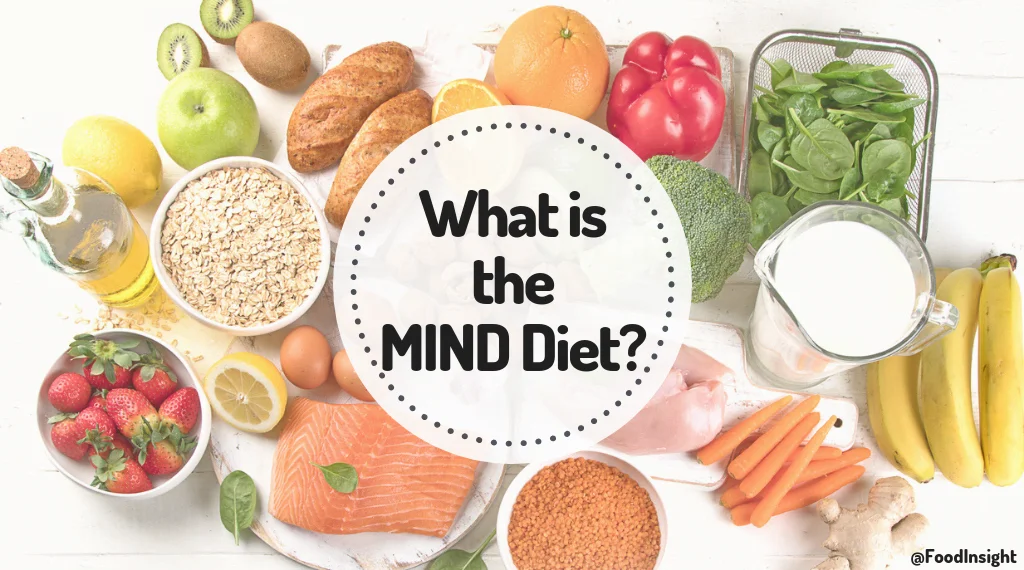
Seed oils have come into the limelight due to their possible inflammatory effects. Let’s separate fact from fiction.
What are seed oils & how are they processed?
Okay so first, what are seed oils? “Seed oils” are an all encompassing term for plant based oils such as canola oil, soybean oil, vegetable oil, and corn oil. These types of oils are typically extracted & deodorized using a chemical solvent which helps to create a neutral tasting oil.
Seed oils have been around for centuries, originally obtained through pressing the seeds. Later, we learned how to use chemical solvents to extract the oils more efficiently. In the early 1900’s cotton seed oil began to rise due to the excess of cotton seeds leftover from farming. Lard was commonly used in cooking at the time, but it was pricey, so seed oil became a cheaper alternative. We figured out how to chemically transform the oil to its solid lard-like form, through a process known as partial-hydrogenation, and Crisco was born. We later found out that these partially-hydrogenated products contained high amounts of trans-fats. Trans-fats are now known to significantly increase risk of cardiovascular disease and diabetes..
So why are these types of oils demonized?
Trans-fats:
Misinformation regarding trans-fats. I believe some of this demonization is due to misconstruing seed oils for their high trans-fat containing cousins like Crisco & margarine. Yes, seed oils contain some trans-fats, but in very minute amounts. These oils will state “0 grams of trans fat” and a product must have <0.5 grams per serving for this to be allowed. As a dietitian, I do not recommend eating large amounts of these oils throughout the day, but who really does this? And personally, I am not concerned! If you are concerned, you can purchase cold-pressed seed oils as an alternative. These oils will have no trans-fats.
Omega 6: Omega 3 ratio:
With the significant increase in popularity of seed oils, scientists and healthcare providers became concerned that we were consuming them in excess. Why? It is proposed that our “omega 6: omega 3 ratio” has been thrown off from increased use of these oils and packaged foods that contain the oils. Seed oils are mostly composed of polyunsaturated fats known as omega-6’s, of those omega-6 fatty acids around 90% consumed is something called linoleic acid. Linoleic acid is a precursor of arachidonic acid, a regulator in the inflammatory response. Additionally, linoleic acid can compete with alpha-linolenic acid (an omega-3) for creation of essential fatty acids EPA & DHA. In the health world, many praise these types of omega-3s as the almighty inflammation & chronic disease cure and were concerned that this pathway was being disrupted.
It is proposed this is causing an increase of inflammatory issues. Some scientists hypothesized that inflammatory diseases such as IBD, Alzheimers, & arthritis as well as CVD & obesity are due to excess omega-6 intake. Yet, many of the studies showing these inflammatory effects were on mice. We now know that mice process polyunsaturated fats differently than humans. Overall, there is little direct evidence to support the connection between omega-6 intake and inflammation or disease.
*Note: it is close to impossible to get adequate EPA & DHA through intake of alpha-linolenic acid alone… it is better to get the active forms through foods like fatty fish! So truly, disruption of this particular pathway shouldn’t be of concern.
Despite what we are told, PUFA’s are actually necessary to the diet. They are signaling molecules that tell immune cells to work on wound healing, help to open blood vessels, are involved in the pain response, and assist with GOOD inflammation. We need inflammation! Inflammation helps us to fight off invaders. So in short bouts, it is good. However, chronic inflammation is the concern. By studying how the PUFA’s omega 6 & omega 3 are metabolized we have learned about the creation of different molecules called oxylipins. Oxylipins are bioactive forms of the PUFA’s. When these have been tracked in the body, oxylipins have been proven to be involved in acute inflammation and not in chronic inflammation, due to their short life span.
We also know that linoleic acid is converted into many different compounds that also alleviate inflammation and that even arachidonic acid, which is seen as the cause of inflammation, is converted into some anti-inflammatory compounds. We also know that a higher intake of linoleic doesn’t necessarily coincide with higher markers of arachidonic acid in human tissue, despite what we thought.
Based on many recent human studies, Omega-6 intake appears to show beneficial effects or neutral effects on chronic diseases and inflammation.
In a 2011 randomized controlled trial 50 menopausal obese women with T2DM were given safflower oil daily. These women significantly lowered their A1C (a marker of diabetes and glucose averages) and CRP (an inflammation marker) and increased their HDL (the good cholesterol). In a 2017 meta-analysis blood markers of inflammation were not significantly affected by increased linoleic acid intake. In a 2017 analysis involving 20 studies & almost 40,000 people from around the world, higher linoleic acid biomarkers were associated with dose-dependent decreases in T2DM (meaning the more linoleic acid consumed, the lower chance of diabetes). In a 2019 study, higher levels of linoleic acid were significantly associated with lower risks of total CVD, cardiovascular mortality, and ischemic stroke. Finally, in a 2020 meta-analysis, higher LA intake was associated with a modestly lower risk of mortality from all causes, CVD, and cancer. There are more to name, but this gives you a good idea. Enough evidence for you?
No, but really… You might be wondering why this conflict of thought then? A lot of it has to do with how science evolves. Think of science as a process rather than a result. Take most claims with a grain of salt! The omega six to omega-3 ratio is an over-simplistic and antiquated way of looking at PUFA’s role in the body.
Other concerns:
Hexane:
There is hysteria about the toxicity of hexane residue left in these oils. Hexane is used as a chemical solvent to extract the oil from the seed. It has been used in this way since the 1930’s. After extracting the oil, the hexane is removed. The residue amount is almost non-existent, at about .8 parts per million and overall less than 2% of hexane come from food sources. So, it should be of much greater concern to be breathing in gas fumes.
Stability & rancidity of the oils:
The public seems to think that the processing of these oils increases the rancidity of such oils. This is just not true. The refinement process actually increases the smoke point and extends the shelf life, meaning they are stable for longer and can be used in higher heat cooking.
My Take Away.
It is time the public stops demonizing and fearing specific foods or ingredients. As with anything, (even spinach, hello vitamin A toxicity) we do not want to consume one type of food in excess. But looking at every single ingredient list and refusing to eat a food because there is a seed oil in it? That is a waste of time and resources, not to mention possible opportunities you are missing out on nutrients. As you have seen, most research shows a beneficial effect these oils on our health. Just because a food is processed and not something that was consumed by our “ancestors”, does not mean that it has a negative impact on our health.
At the same time, I do believe we do not get enough omega 3 containing foods in our diet. Instead of focusing your efforts on what to restrict, focus on how you can add omega 3’s to your existing diet. Foods high in the most usable form of omega 3 include fatty fish: tuna, salmon, trout, mackerel, anchovies, and sardines. Try to get a 3 oz serving of these foods at least twice a week. If you are vegan/vegetarian, speak with a dietitian or healthcare professional about an appropriate approach for you, which may include supplementation.




